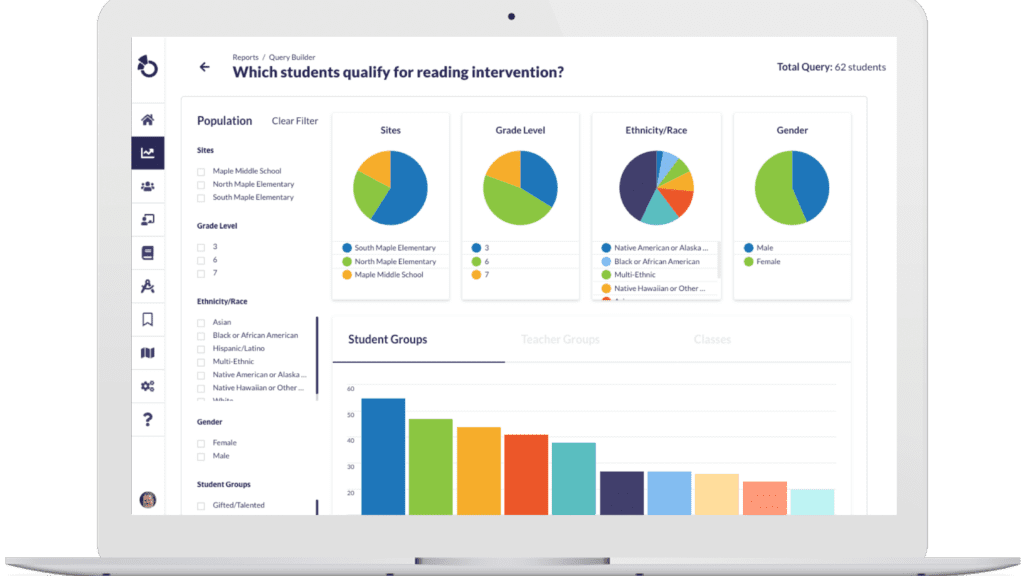Building a Culture of Belonging: Equity Strategies for School Leaders with Dr. Don Parker
By: Kendell Hunter
School equity demands a comprehensive understanding of the intricate relationship between school leadership and the complex social, economic, and political contexts that shape the education system.
In this webinar, Dr. Don Parker shares research-based strategies to help school leaders revise and establish policies that promote equity.
This webinar will help K-12 school leaders to:
- Create practices and policies that ensure students from historically disenfranchised communities and backgrounds have access to an equitable education.
- Revise discipline policies to ensure that specific student groups are not harmed.
- Use the voices of all stakeholders, including students, to inform policy and create a culture of belonging.

Three Key Insights for School Leaders on Equity and Belonging
Equity as a Cornerstone of Quality Education
All students deserve access to quality education. The achievement gap, evident since the 1990s in areas like mathematics and reading scores, highlights disparities between white students and their black and Hispanic peers. Addressing this gap is a foundational step toward achieving educational equity.

Otus helps answer your questions about growth and equity by providing one place to visualize all student data.
Systemic Barriers in K-12 Education
The education system faces multiple challenges, including gaps in teacher representation, resources, test preparation, opportunities, expectations, and leadership. Revising discipline policies and championing the principles of Justice, Equity, Diversity, and Inclusion (JEDI) are essential to fostering a more equitable educational environment.
High Expectations and Overcoming Bias
Setting high expectations for all students, especially students of color, is crucial. With the majority of the educational workforce being white, it's imperative to ensure that biases don't limit the potential and aspirations of students. Overcoming these biases paves the way for genuine academic and personal growth for every student.
Related Resources
Request a demo!
See exactly how Otus can help your school accelerate student growth and improve student outcomes – all while saving educators time.




